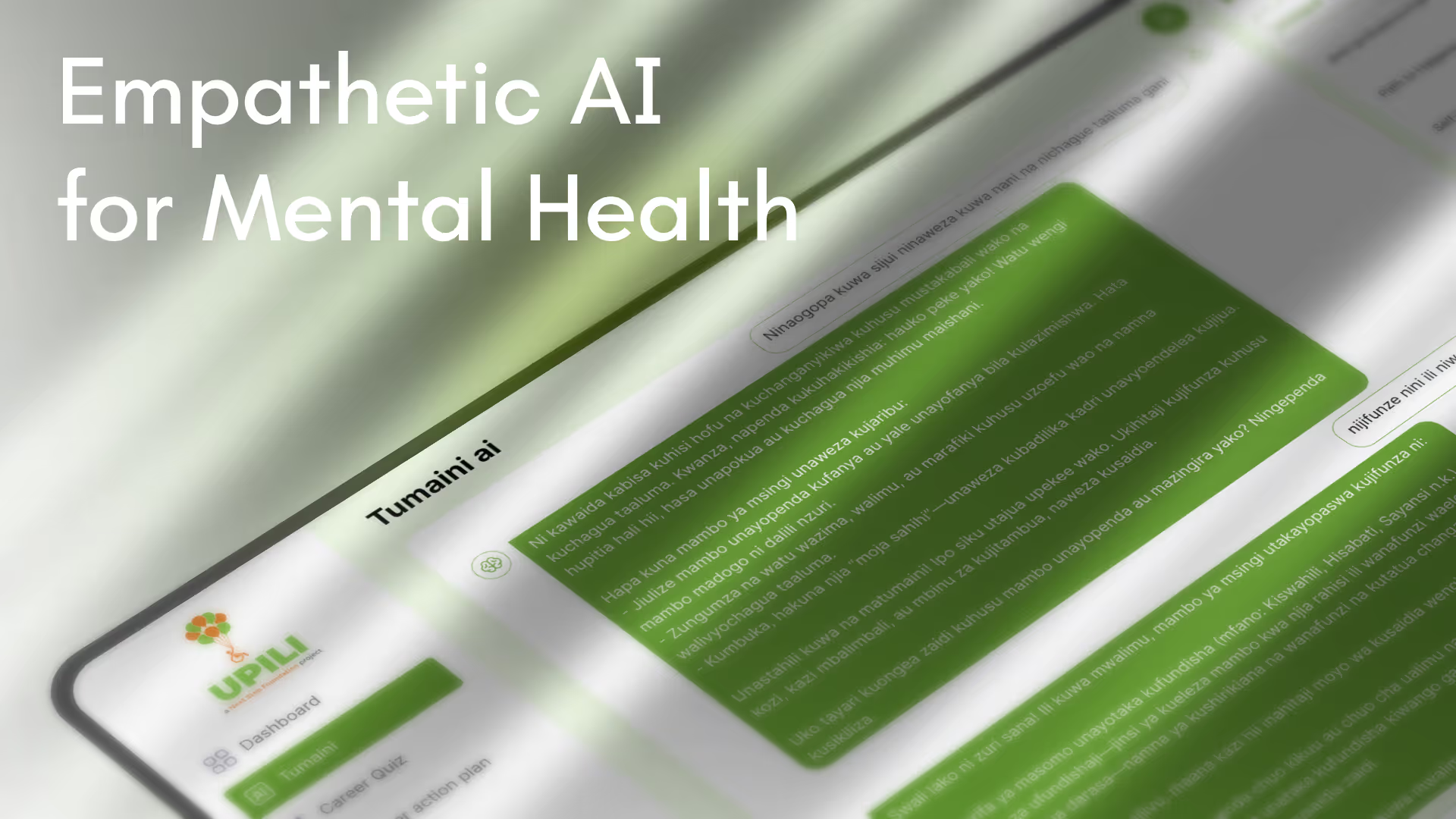Gamified Rehab Device for Pediatric and Adult MSK Care
We partnered with orthopedic specialists to build a diagnostic and rehab solution, combining custom desktop software with a physical balance platform. The result: a portable, offline-first system that tracks recovery, detects pain points, and engages pediatric patients through gamified rehab.
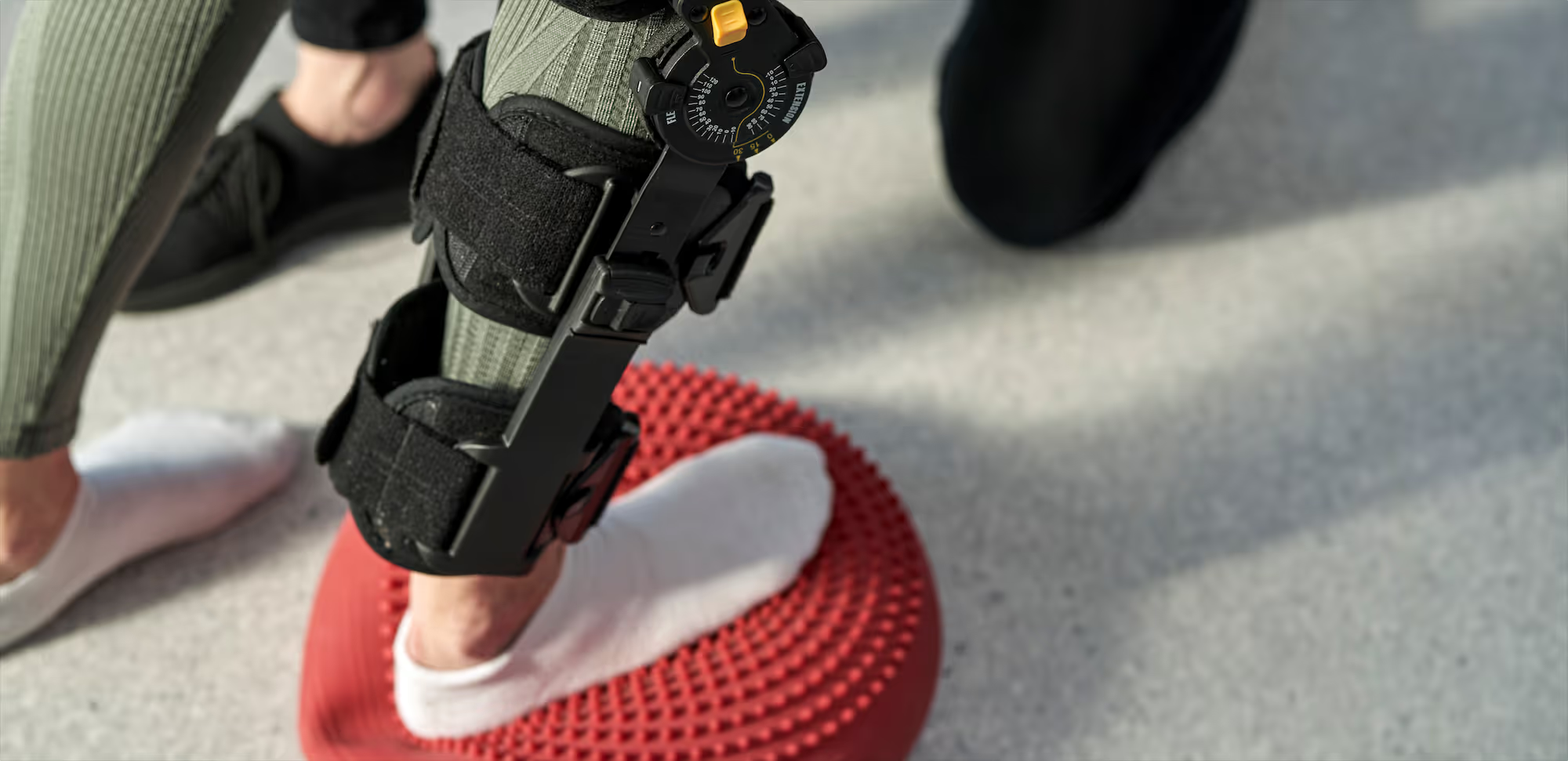
Duration
2 months
Industry
Orthopedic, Rehabilitation
Services
Custom Software Development
Embedded & IoT Development
Data Processing & Interoperability
Client
Two healthcare institutions specializing in traumatology and orthopedics in Belarus that aimed to improve diagnosis and recovery outcomes for people with musculoskeletal disorders with smart, accessible technologies.
Challenge
Accurate diagnosis of musculoskeletal disorders often depends on in-person stabilometric assessments and careful monitoring during rehabilitation. However, existing systems were expensive, non-portable, and confined to clinical settings.
The team set out to create an embedded healthcare solution that could collect stabilometric data remotely, detect early signs of instability or pain, and monitor rehabilitation progress over time without sacrificing diagnostic precision.
During development, the team ran into an issue with high-frequency data collection at 100 Hz. The hardware couldn’t transmit data smoothly at that rate, and the app received it in bursts, causing jittery motion and duplicated coordinates. This affected playback and made analysis less reliable.
Beyond the technical issues, the system also had practical drawbacks. It didn’t let doctors easily track a patient’s progress over time, and for kids, the clinical setup felt uncomfortable and uninviting — making it harder to keep them motivated during rehab.
.avif)
Goals
- Enable accurate diagnostics of foot and ankle function outside clinic walls
- Track rehab progress over time, with real metrics
- Support gamified rehab for children to improve motivation
- Build a low-cost, offline-capable tool for clinics with limited infrastructure
Solution
We designed and developed a complete diagnostic and rehabilitation system that included custom hardware and native desktop software, purpose-built for musculoskeletal care.
The hardware includes a portable balance platform with an integrated accelerometer, Wi-Fi connectivity, battery power, and real-time data display. A local router links all components: the platform connects via Wi-Fi, while the desktop app connects either wirelessly or via cable. The application receives accelerometer data, stores it locally, processes it, and visualizes patient movement in real time, allowing clinicians to analyze stabilometric data, detect pain-triggering positions, and track recovery over time.
Key features include:
- Full patient profile and session history management
- Real-time visualization of center-of-pressure trajectories
- Calculation of stabilometric metrics: standard deviation, displacement, velocity, and more
- Trajectory playback and rehabilitation progress analysis
- Detection of pain thresholds based on ankle inclination angles
- Gamified training mode designed to increase pediatric engagement
- Export of diagnostic and rehabilitation data in Excel (.xlsx) format
To solve the frequency challenge, the team applied smoothing filters that ensured stable, interpretable motion data and accurate trajectory displays.
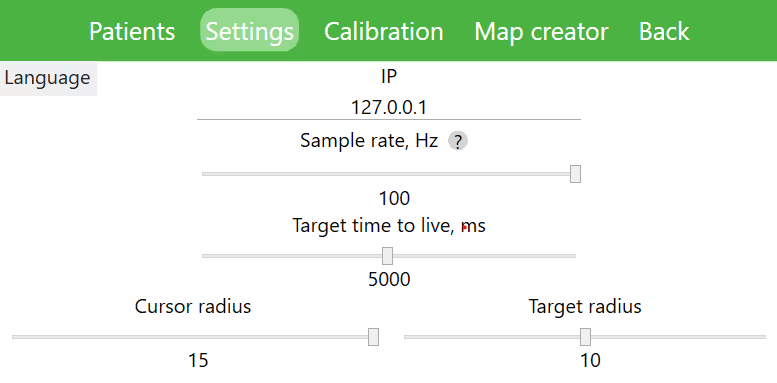
Infrastructure Challenge
The platform had to work without constant internet, integrate with low-cost accelerometers, and operate in real time even in clinics with limited IT resources.
We chose a local-first approach using SQLite for offline data storage and built the app in C# with WPF, allowing rich desktop visuals without needing the cloud.
The hardware (accelerometer + balance board) connects via local Wi-Fi and syncs across clinician and patient devices in the same network. The platform also runs autonomously on battery, enabling rehab even at home, with no clinician present.
Results
The system made it possible to run stabilometric tests not only in clinics, but also at home or in outpatient settings.
Clinicians could now see how a patient’s balance and movement changed over time, thanks to easy-to-read visual data and saved session history. The software also helped identify the exact ankle angles that caused pain — something most existing tools didn’t offer.
For children, the gamified training mode made rehabilitation feel more like a game than a medical procedure, helping them stay engaged and motivated. And because the software recorded and replayed sessions, doctors could track progress without adding extra work to their routine.
“We appreciate the development of a diagnostic and rehabilitation system for musculoskeletal disorders in both children and adults. The solution was created as part of a collaborative effort between our clinic and a technical partner, and reflects a thoughtful approach to real clinical needs.
We look forward to continuing this cooperation and exploring how the system can evolve further in our practice.” — Administration of the 6th City Clinical Hospital, Minsk
What’s Next
Future plans include mobile support and integration with wearable sensors to expand beyond the balance platform. We also plan to expand the existing gamification features by adding new interactive modes, including game-based data collection scenarios to keep children more engaged during rehabilitation.
The team also aims to integrate the system into national rehab clinics and sports academies for early balance screening in youth athletes.
Technology stack
C#, .NET, WPF, SQLite, Entity Framework, Wi-Fi-enabled balance platform, local display, battery-powered hardware.
Start building your future-ready
solution today
We're here to help you with your inquiries.
Customer testimonials
Our clients highlight our expertise and reliable technical support
NextStep Foundation is excited to collaborate with 26bitz to bring mental health support to Youth with Disabilities in Kenya and beyond. 26bitz immediately understood our vision for bringing accessible mental health support to this vulnerable population. Utilizing a model fine-tuned on Swahili language will expand the number of students who can access Tumaini and make interactions feel more organic and natural. We look forward to continuing to work with 26bitz to expand the features and functions of Tumaini to better serve the mental health needs of Youth with Disabilities.
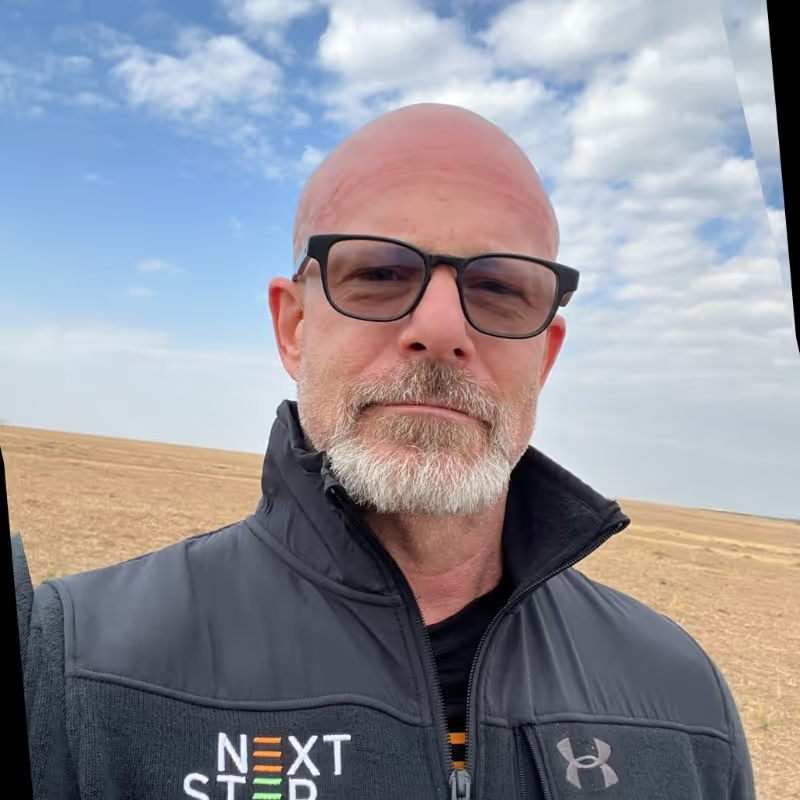
Harrison
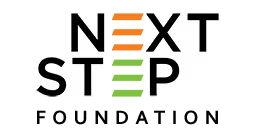
Working with Andrey and 26bitz was a great experience. They jumped in quickly to help us set up an integration in our internal pharma system and brought valuable insights from their experience in healthcare tech. Their knowledge of security and compliance really stood out, and it was super easy to communicate with them. Would definitely work with 26bitz again!


Latest Case Studies
Explore our latest challenges and successes in building impactful healthtech solutions.

Schedule a consultation with our team
Please provide a brief overview of your project and your earliest availability, and we will get back to you as soon as possible.


.avif)
